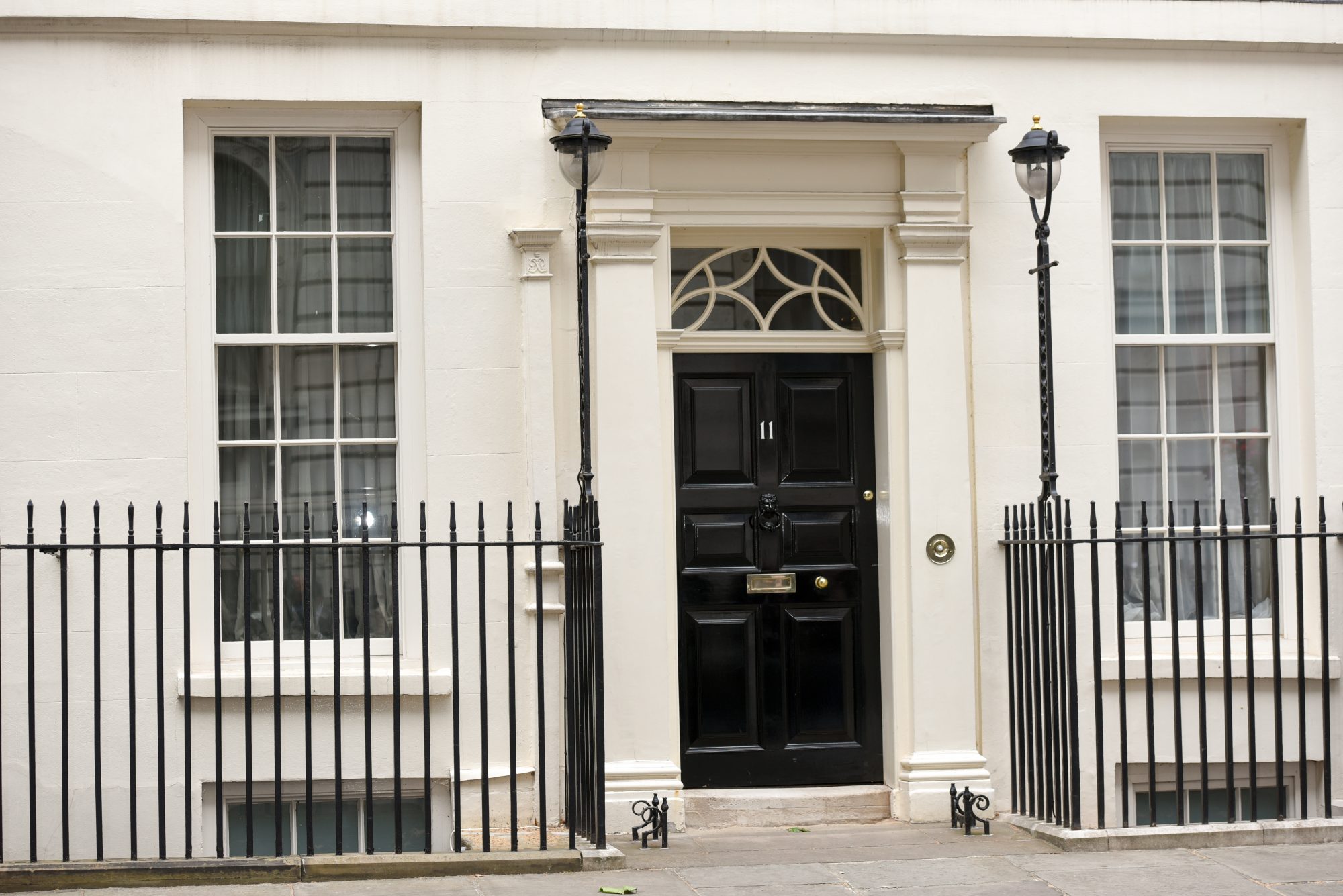The rumblings of an emergency budget seem to be getting louder as we begin to emerge from lockdown. Undoubtedly, now is the time for Chancellor, Rishi Sunak, to start considering the sizeable task of recovering the economy and paying back the WW2 scale borrowing that has underpinned the bailout of businesses and individuals.
It is hard to escape the headlines – ‘Record borrowing levels’, ‘Councils on the verge of bankruptcy’ – or ignore the fact that the budget delivered just days before lockdown is no longer viable and a change of course is required.
The Chancellor will surely be keen to act fast on tabling a revised emergency budget if the findings from a recent survey* are anything to go by. The survey, by investment company AJ Bell, suggests there is majority public backing to help repay the hundreds of billions the Government has had to borrow to support the country. Keeping the peak of the pandemic and lockdown fresh in the minds of people will be key to getting his budget through parliament and so we can expect to see something in early July, with the week commencing the 6th mooted as when we are likely to see Mr Sunak at the dispatch box.
Three quarters happy to pay higher income tax
The survey in question specifically tested people’s attitudes on who should pay for the recovery, how the money should be raised and over what timeframe they may be willing to contribute. The headline is that more than three quarters (77%) of those spoken to would be willing to pay extra income tax to help pay down the borrowing and 63% accepting some form of tax rise to be a necessary evil resulting from the pandemic. The mantra of ‘all in it together’ seems to hold fast too as two-thirds (67%) of respondents agree we all have a responsibility to contribute. There seems to be broad support for the Governments approach to financing the bailout too, with 7-in-10 saying the Government was right to increase borrowing during the crisis.
On average, the 2001 respondents arrived at a figure of 3.9% in additional income tax as the level at which they would be willing to contribute, although almost a fifth (19%) were willing to pay 5% or more. When given the option of paying less tax but over a longer period or more tax over a shorter period 85% opted for less for longer. Perhaps this reflects the fact that it is rare tax rises are ever temporary and so a rise in income tax is highly unlikely to be reversed without a change of Government or policy.
Markets recovering but economies flagging
Whilst markets have recovered significantly, albeit not to January levels, economies are set to take far longer, not only to recover but to get ahead enough to generate the surpluses required to pay down historic debt levels. Many economists initially predicted a ‘V’ shaped recovery, but as time ticks by and lockdown restrictions are released more gradually than some anticipated, the reality of the situation suggests recovery will take far longer. In recent weeks there has been much speculation about what will happen when the furlough scheme ends and businesses once again have to pick up the full weight of overheads and wage bills, regardless of their state of operation. Perhaps an emergency budget in early July will contain stimulus measures to counter this and has been scheduled to deliver much needed reassurance to those still unable to reopen their business.
